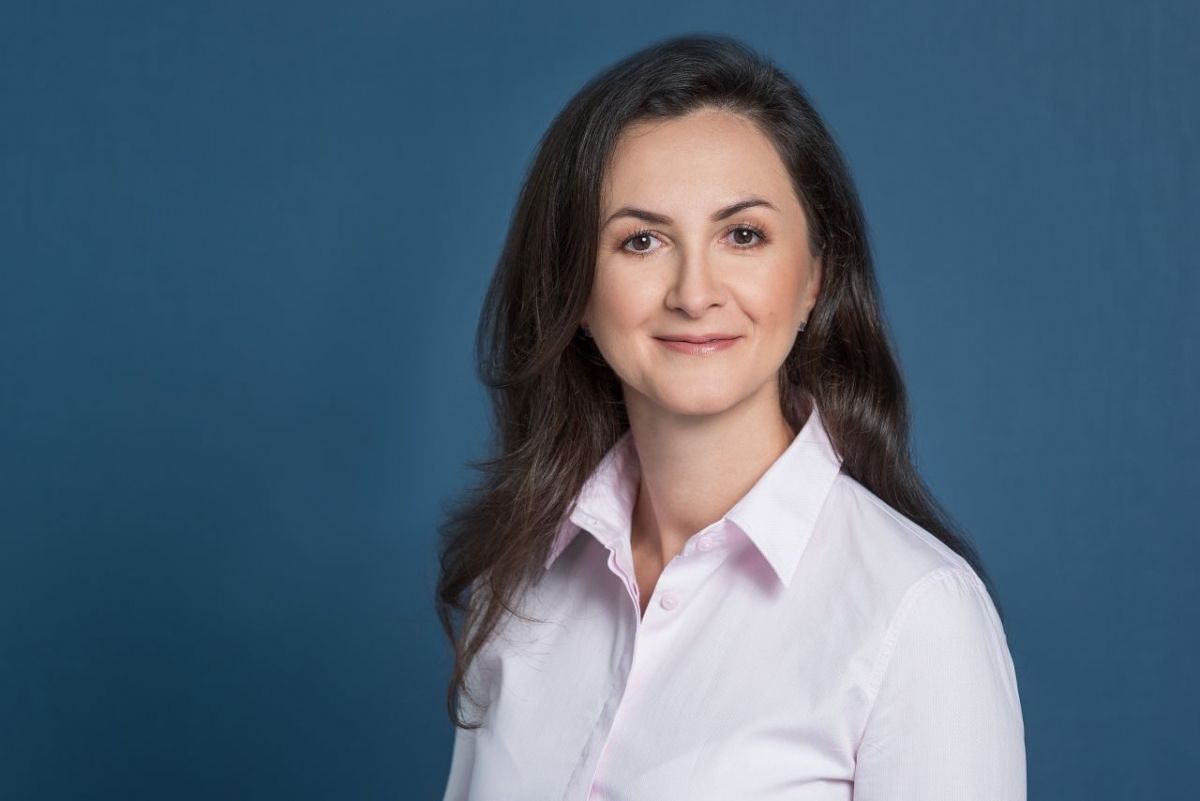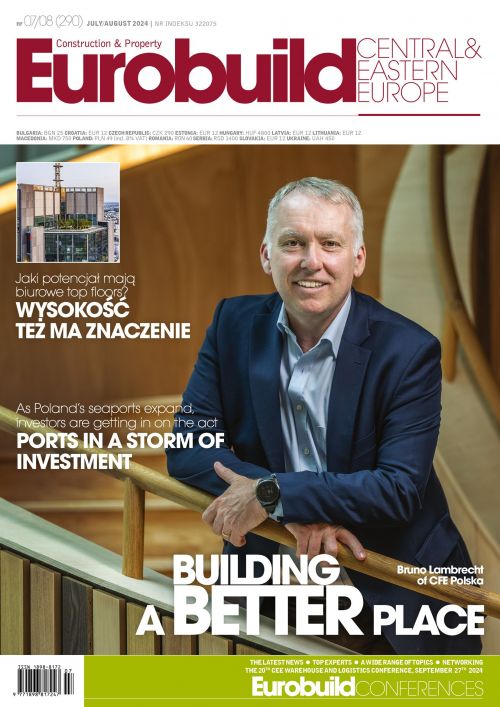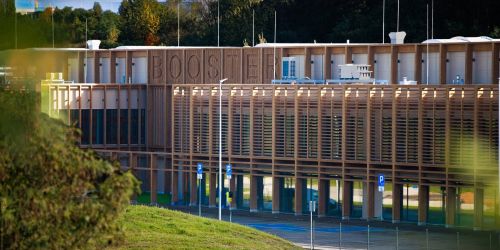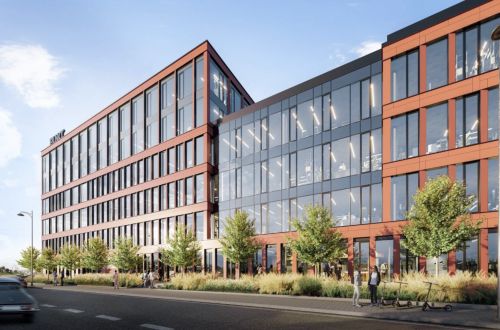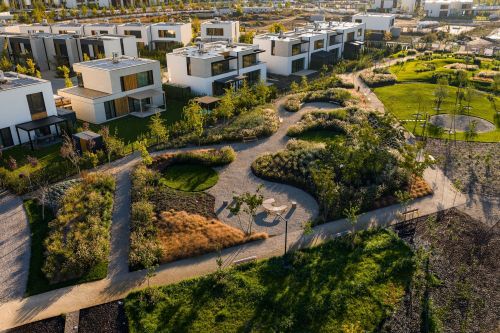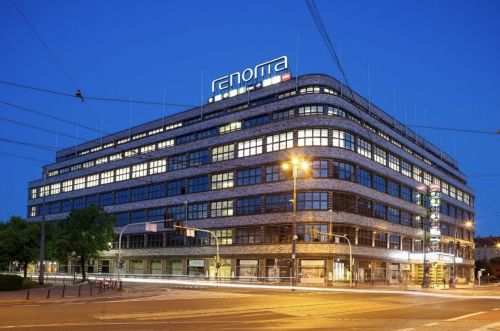Your team is responsible for the asset management of the Gdański Business Center office complex in Warsaw as well as 17 warehouse developments. How has the approach of your tenants changed over recent years?
Julia Racewicz, the head of asset management, office and logistics at Savills Investment Management Poland: In both the office and the warehouse sectors, tenants have become much less likely to change location. This is most evident in the office market. In 2022, renegotiations made up 34 pct of all leases – but last year the proportion was 40 pct. From our point of view, this is a healthy trend because lease renegotiations with tenants have become much easier. Among our warehouse tenants, light manufacturing firms stand out, as they are choosing to stay with us for longer and signing leases for five or seven years. What’s important for them is the location and standard of their buildings, whereas the rental costs have become a secondary consideration. It’s this
